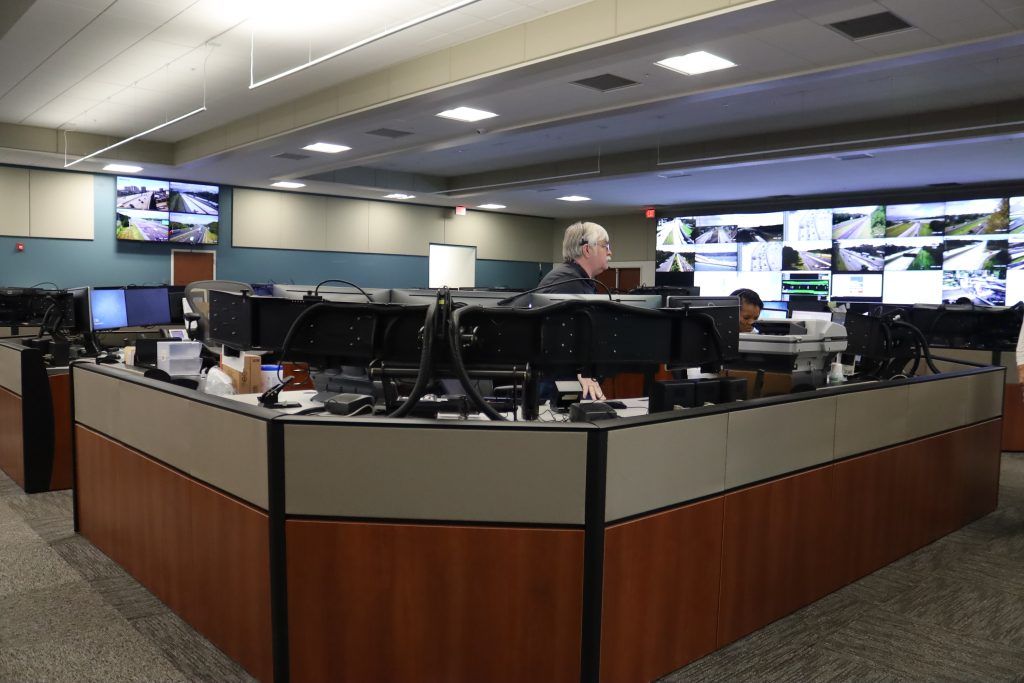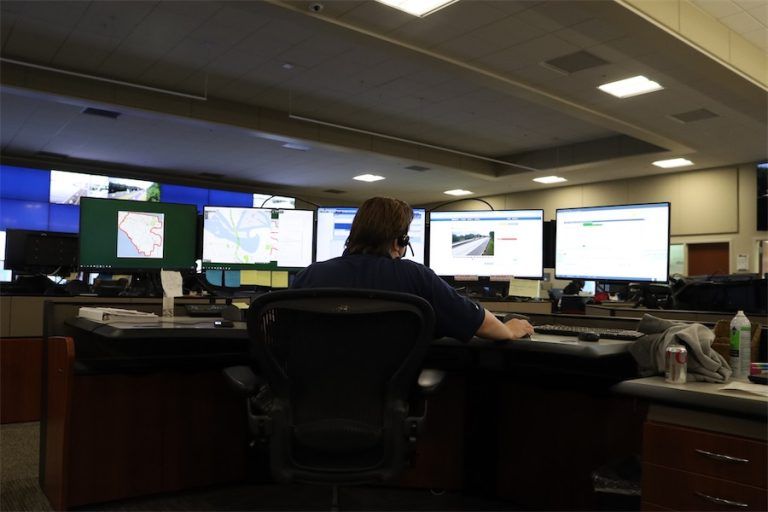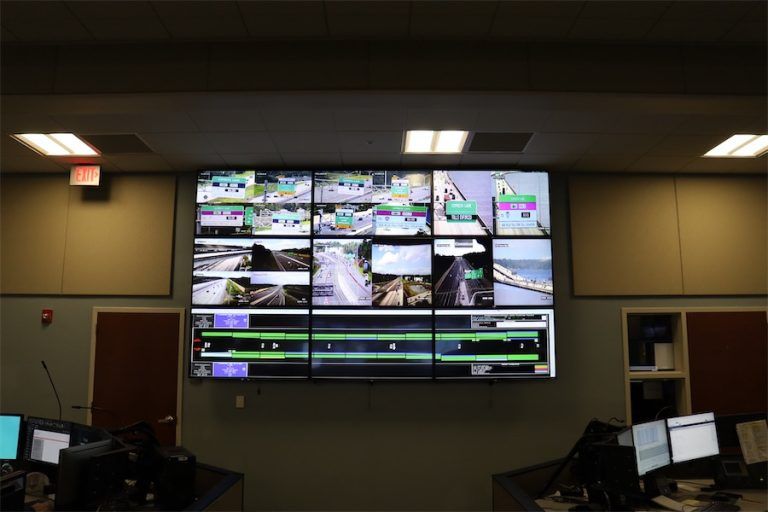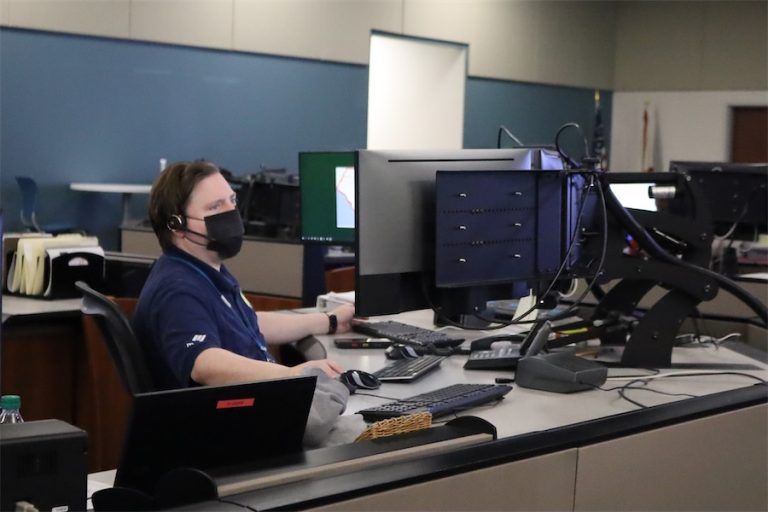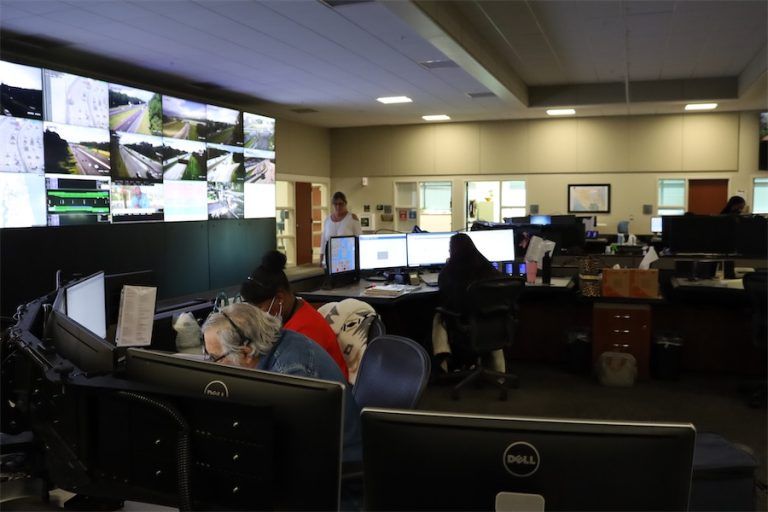
District Two’s TSM&O program manages traffic operations 24 hours a day, 7 days a week in eighteen counties, Alachua, Baker, Bradford, Clay, Columbia, Dixie, Duval, Gilchrist, Hamilton, Lafayette, Levy, Madison, Nassau, Putnam, St. Johns, Suwannee, Taylor, and Union, offering Real-time Incident Management, Express Lanes, Signal Timing, Work Zone Maintenance of Traffic (MOT) and Emergency Evacuations.


